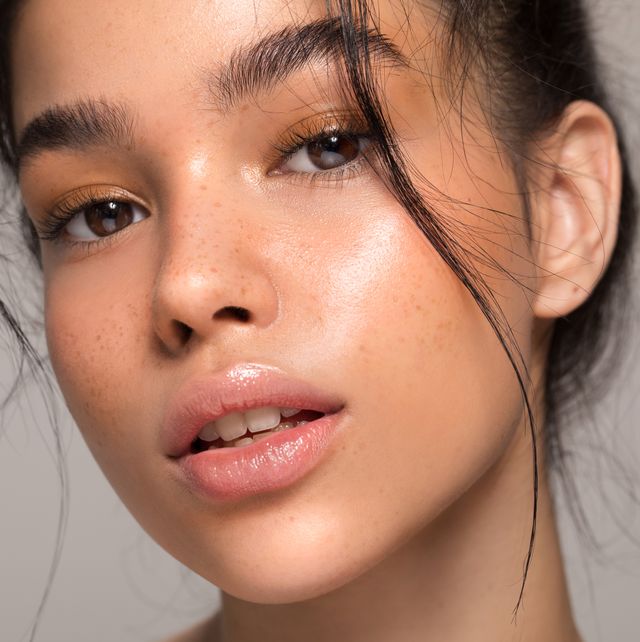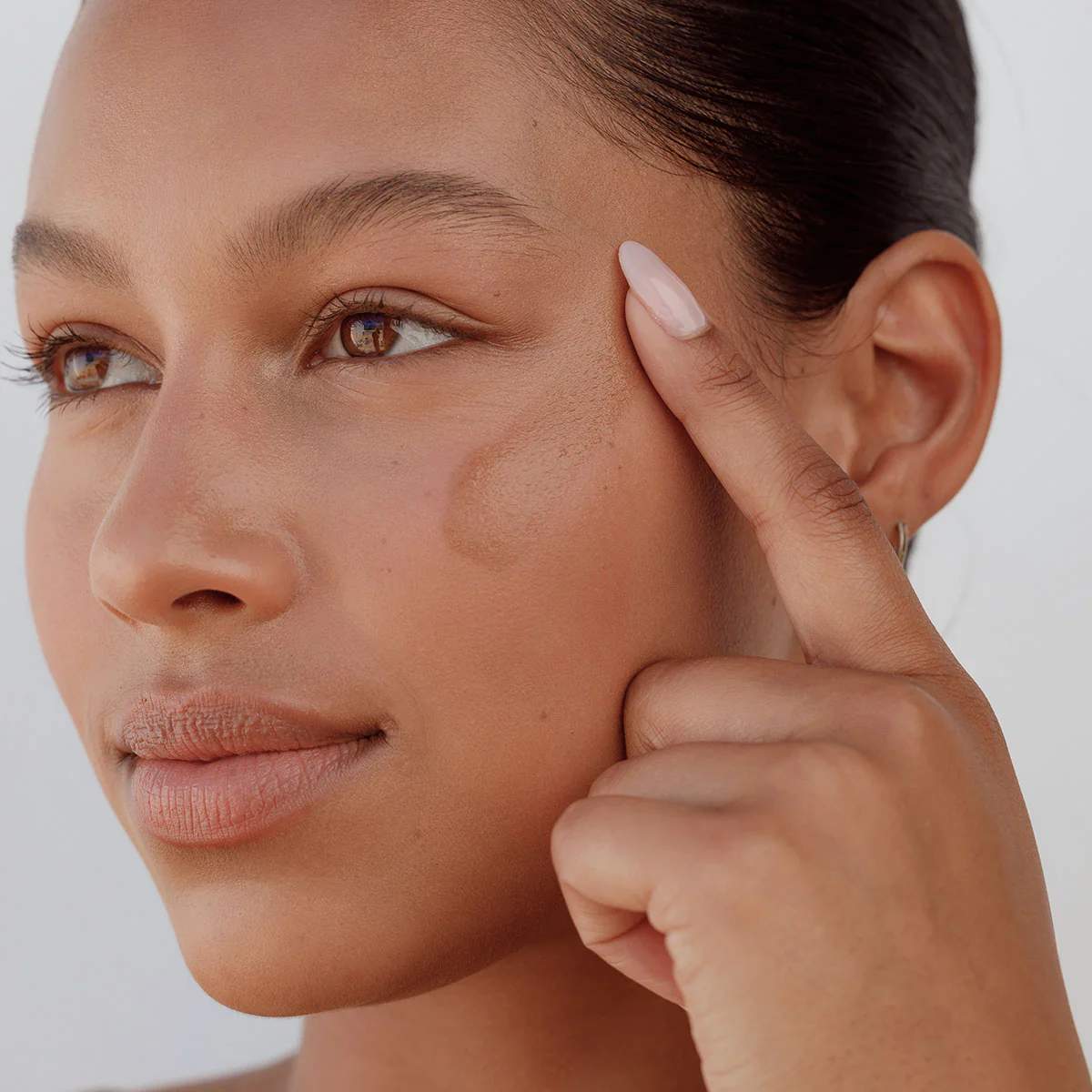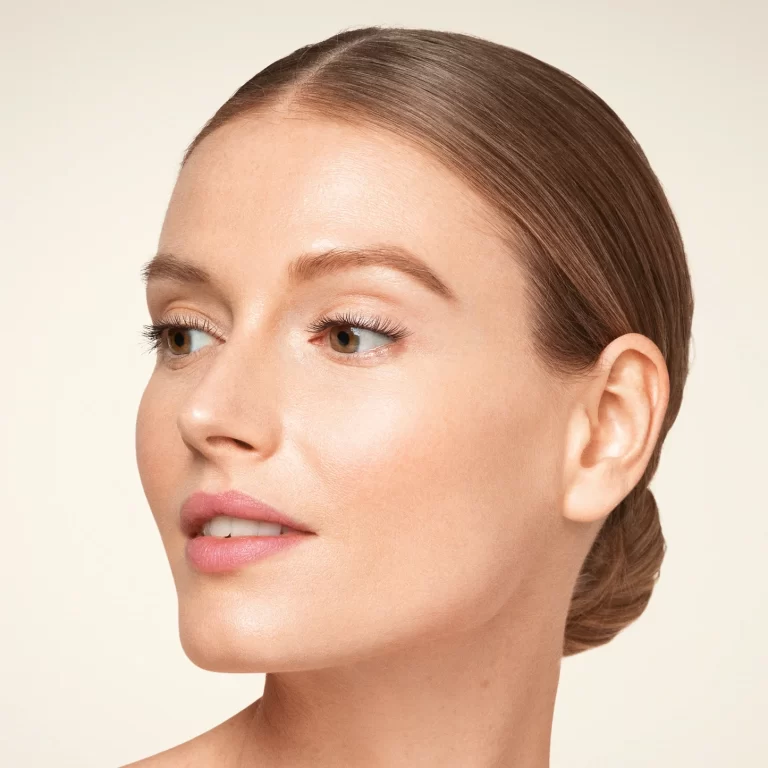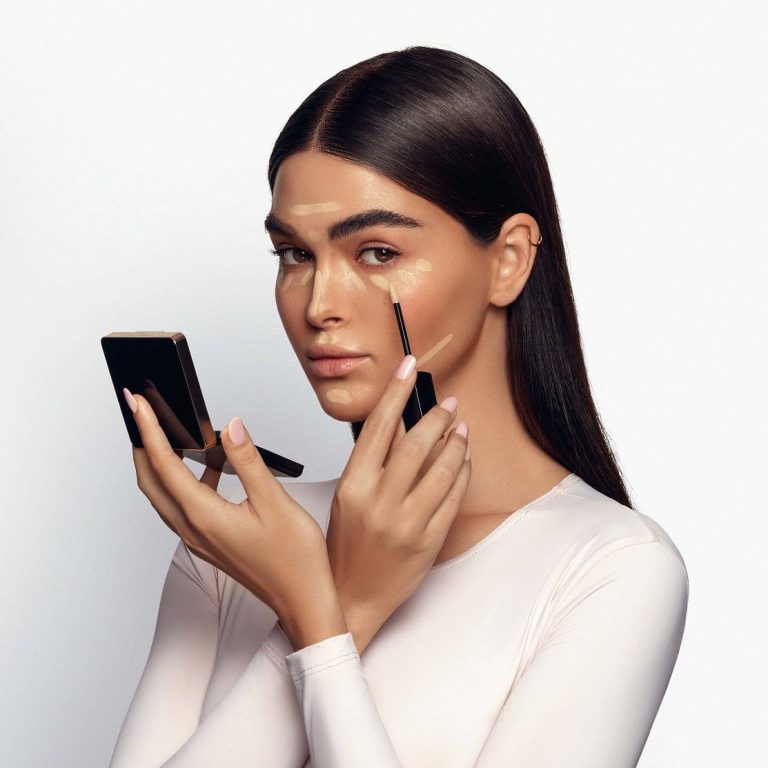
Skin Tint vs. Foundation
Skin Tint vs. Foundation: A Comprehensive Guide to Finding Your Perfect Match
In the vast realm of beauty products, skin tints vs. foundations stand as two distinct yet complementary pillars in achieving a flawless complexion. Understanding their differences is crucial to meeting individual skincare needs and makeup preferences. This blog post aims to delve deep into these two product categories, comparing them based on coverage, texture, finish, benefits, and suitable skin types, ensuring you make an informed decision when choosing between a skin tint or foundation.
Skin Tint vs. Foundation:
What Lies Beneath the Surface – Understanding Skin Tints
Skin tints, a relatively newer addition to the beauty scene, have gained immense popularity for their whisper-light formula and minimalist approach to coverage. Unlike traditional foundations, they offer light-to-medium coverage that subtly evens out the skin tone while letting your natural complexion shine through.
These formulas are designed to mimic “your-skin-but-better,” with a sheer, radiant finish that looks authentic and effortless. Infused with nourishing ingredients like hyaluronic acid or antioxidants, skin tints often double up as skincare, providing hydration and gentle care throughout the day. They’re particularly ideal for those who prefer a no-makeup look, daily wear, or have minimal blemishes to conceal.
The Versatile World of Foundations
On the other end of the spectrum, foundations have evolved over time to cater to a broad range of needs, offering a spectrum of coverage from sheer to full. From matte finishes that control oil to dewy finishes that enhance glow, foundations can be tailored to achieve any desired aesthetic. They typically come in an array of shades to match every skin tone and sometimes include color-correcting properties to tackle issues such as redness, dark spots, or unevenness.
Many modern foundations also integrate skincare properties, combining the power of makeup with targeted treatments for specific skin concerns. Foundations are best suited for occasions where more coverage is needed, for special events, or for addressing specific skin imperfections.
A Side-by-Side Comparison
Coverage Contrast
When it comes to coverage, skin tints provide a subtle veil that enhances the skin’s natural radiance, concealing minor flaws and discoloration. On the contrary, foundations deliver a more comprehensive coverage solution, capable of hiding moderate to severe acne, scars, or hyper pigmentation, making them perfect for users seeking a polished, camera-ready look.
Texture & Finish Divergence
Skin tints excel in their featherweight texture, which feels barely-there on the skin, allowing pores to breathe easily. Foundations, however, can vary in texture from liquid to cream to powder, potentially feeling heavier depending on the formulation. While skin tints tend to embrace a more dewy or satin finish, foundations can offer a variety of finishes to suit different preferences and skin types, adapting to whether one’s skin leans towards oily, dry, or combination.
Skincare Benefits Showdown
While both skin tints and foundations may contain beneficial skincare ingredients, the emphasis differs. Skin tints focus on hydration and maintaining a healthy skin barrier, while some high-end foundations might incorporate anti-aging components, SPF protection, or oil-control properties. Choosing between the two could boil down to the priority of either everyday lightweight hydration or a multi-functional makeup product.
Application Artistry
Skin tints are often applied with fingers due to their sheer nature and easy blending capabilities. Conversely, foundations may require brushes, sponges, or even airbrush applicators for seamless coverage and long-lasting wear. Touch-up frequency is another point of distinction, with skin tints generally requiring less maintenance than foundations, especially during hot or humid weather conditions.
Picking the Right Partner for Your Skin
To choose between a skin tint and foundation, consider several key factors. Personal style, lifestyle, skin concerns, and the level of coverage desired all play significant roles. For instance, someone with a busy day-to-day routine may opt for a skin tint for its simplicity and ease of application, whereas a person attending a formal event might prefer the versatility and longevity of a foundation. It’s also possible to layer or combine the two, using a skin tint as a base and spot-applying foundation where additional coverage is required.
When it comes to makeup, the choice between skin tint and foundation can greatly impact your overall look and feel. Each product serves a distinct purpose and offers unique benefits and drawbacks. Let’s delve into the pros and cons of skin tints and foundations to help you make an informed decision based on your personal preferences and skincare needs.
Skin Tint Pros
- Lightweight Coverage: Skin tints provide a sheer, barely-there coverage that allows your natural skin texture to shine through. This makes them ideal for individuals who prefer a “no-makeup” makeup look or those with already good skin condition. The active nature of this product is its ability to subtly enhance rather than mask the skin.
- Breathability:A key advantage of skin tints is their breathable formula. They’re typically water-based or contain a lower concentration of pigments, allowing the skin to breathe easily and minimizing the risk of clogged pores.
- Hydrating Properties: Many skin tints are infused with nourishing ingredients like hyaluronic acid, which actively hydrates and plumps up the skin, making them suitable for dry or dehydrated skin types.
- Versatility: Skin tints often double as moisturizers and sun protectants, offering SPF protection. They’re perfect for daily wear or during warmer months when heavier products might feel uncomfortable.
Skin Tint Cons:
- Limited Coverage:If you have blemishes, dark spots, or uneven skin tone, skin tints may not provide enough coverage to conceal these issues effectively.
- Lack of Longevity: Due to their lightweight formula, skin tints don’t tend to last as long as traditional foundations. You might need to touch up throughout the day for a consistent look.
Foundation Pros
- Coverage Control:Foundations come in a wide range of coverage levels from sheer to full, giving you control over how much coverage you want. It’s great for special occasions or when dealing with problematic skin as it actively conceals imperfections.
- Staying Power: Formulated to stay put, foundations offer longer-lasting wear compared to skin tints. They often contain oil-control or mattifying properties, ensuring that your makeup remains fresh-looking for hours.
- Color Correction: Many foundations include color-correcting pigments that can neutralize redness, sallowness, or hyperpigmentation, actively addressing various skin concerns.
Foundation Cons
- Potential Clogging:Some foundations, especially those containing high amounts of oil or silicone, could potentially clog pores and lead to breakouts if not properly removed at the end of the day.
- Heavy Feel: While providing superior coverage, foundations can sometimes feel heavy on the skin, which might be less comfortable for some users, particularly those with oily or acne-prone skin.
- Layering Complexity: Using multiple products such as primer, concealer, and powder in conjunction with foundation can create a more complex and time-consuming makeup routine.
Whether you opt for a skin tint vs. foundation largely depends on your desired level of coverage, skin type, and personal comfort. Skin tints are excellent for everyday use, promoting a natural, healthy glow, while foundations excel in providing full coverage and longevity for more formal settings or occasions where you want a polished look. Always consider your individual needs and preferences before choosing one over the other, and remember, both can play a role in a well-rounded makeup collection.
Conclusion
In summary, skin tint vs.foundation each hold their own unique merits within the world of cosmetics. Skin tints are the epitome of natural beauty, allowing your skin to take center stage with just a hint of enhancement, while foundations serve as the ultimate canvas shaper, expertly masking imperfections and creating a smooth, uniform base.





